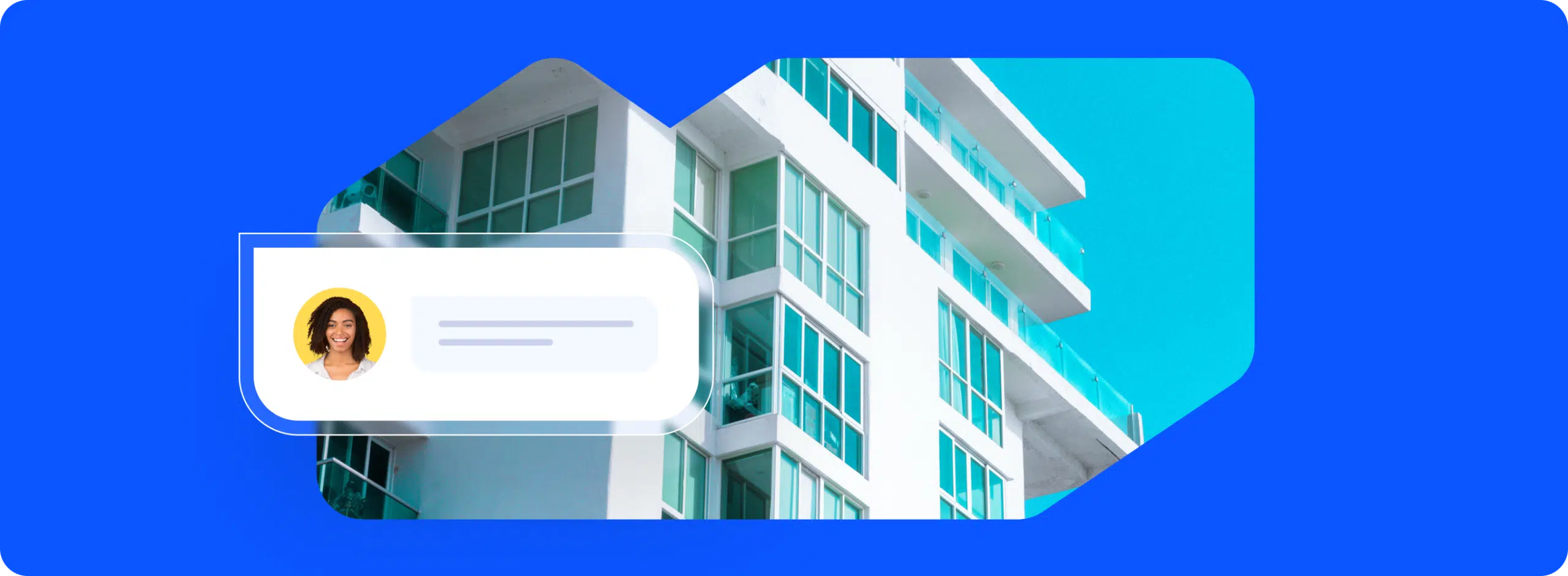Managing a vacation rental home is a complex operation — properly managing even one property can seem like a full time job. Luckily, there are a lot of steps you can take that will make running your vacation rental business easier, as well as tools you can use to make your operations smoother.
We’ll cover the essentials of what you need to set your business up for success, before walking you through higher level considerations for managing your property yourself versus using a property manager. Here are the must-haves to get you started.
7 essentials for managing a vacation rental home
Channel distribution.
First on your list should be maximizing your visibility in order to generate as many reservations as possible. This means listing your property on all major listing sites, including Airbnb, Booking.com, and Vrbo. Guesty users have seen significant jumps in revenue for each additional channel they add, due to a wider reach. If you’re not ready to list on all channels at once, start by creating a strategy that adds channels incrementally.
In addition to your channel management strategy, create your own website to drive direct reservations without channel fees and as a place to centralize your marketing efforts.
While managing all of these channels can become challenging, especially as your business grows, a property management software (PMS) with direct connections can help you manage your listings across multiple channels error-free.
2. Booking calendar.
To avoid double bookings, make sure that your booking calendar is synced across each listing site you use, as well as with your direct reservations channel. While you can manage this manually, this is not recommended. Instead, use a PMS to automate your booking calendar so that data errors and double bookings never occur.
3. Automated guest check-in and check-out.
Travelers are moving from hotels to short-term rentals more than ever before, but they’re still expecting a hotel-like experience. Implementing a seamless check-in and check-out process will create a better guest experience, ultimately leading to higher reviews and more reservations. It also saves you time, as it means you don’t have to be on-call at all times. There are several steps you can take to ensure a smooth check-in process, including automated messages for guests with check-in instructions before they arrive, and smart locks that enable self-check-in.
4. Guest communication.
A positive guest experience starts with a good relationship between the guest and host, and part of that means being responsive to guest questions and needs. Sending messages based on certain events — such as when the property is booked, or 24 hours prior to check-in — can help you communicate everything you need. You may also want to send guests a local travel guide, a list of nearby restaurants, or simply more information about the property — like the wifi password or instructions for the TV remote — ahead of time to make for a smoother stay. Additionally, good communication means being responsive to questions, and it’s important to have a system in place that will ensure you don’t miss any messages.
While this can all be done manually, using a PMS can automate certain processes, such as routine guest communication, as well as centralize all of your communications into one place, eliminating the need to check your inbox in each distribution channel. A full-service PMS may also have answering services that will help you respond to guest needs quickly during off-hours, something that can be especially useful if you receive a lot of global guests who may be messaging you from different time zones.
5. Housekeeping and maintenance.
A large part of managing vacation rentals revolves around housekeeping and maintenance. If you have more than one property, cleaning each one before and after every stay can become challenging. Instead, search for a housekeeper (or a team of housekeepers) to maintain your units’ cleanliness. Also consider using a task manager to keep track of which properties need to be cleaned or maintained, and when.
6. Protect your properties.
It’s only a matter of time before something breaks or is ruined during a guest’s stay. Damage protection is a must for any vacation rental business, but covering your property and recovering costs from damage is often a fraught process. Traditionally, vacation rental managers have required a security deposit from guests. While a security deposit means financial protection ahead of time, deposits also have their downsides. The added financial burden on the guest may lead them to choose another property instead, and withholding a portion of the deposit for damage can lead to prolonged mediation, a poor relationship with guests, and ultimately bad reviews.
For this reason, many vacation rental managers are choosing deposit-free coverage, such as Guesty’s Damage Protection. While covering your property ahead of time puts an added cost on hosts, it ultimately means a better guest experience, and in the long run can lead to better reviews, more repeat stays, and the ability to increase rates. Both a security deposit and damage protection are good choices — the important thing is to make sure your property is covered.
7. Have a strategy for guest reviews.
Your business is dependent on positive reviews. After all, with a lot of properties to choose from, travelers will most likely opt for the ones with the most positive reviews. After your guest checks out, you should make it a priority to earn their review as soon as possible. While distribution channels typically request reviews for you, if you don’t receive one, it’s worth following up with a personal note if you have their contact information. You can also set up an automated message in your PMS that sends a review reminder message shortly after check-out. On the other hand, a bad review is worse than no review. If you think the visit didn’t go smoothly, you can disable the review reminder.
How to manage your vacation home yourself
When it comes to managing your vacation rental, you can choose to self-manage your property or to use a management company. Managing your own property saves management fees, but it can be difficult to do so effectively, and the money saved on management fees may instead be lost in time and revenue. Self-management means onboarding and maintaining your listings across every channel, keeping your booking calendar up-to-date, coordinating cleaners or cleaning the property yourself, communicating with guests and inquirers, and more.
Managing these tasks on your own will likely require 15-20 hours per week of your time, and many property owners choose to partner with a dedicated short-term property manager.
If you do have the time and want to manage your properties on your own, consider using property management software like Guesty to keep everything running smoothly. A PMS will help you automate processes, maximize visibility, and minimize errors, saving you time to focus your energy on the tasks that can’t be automated.




